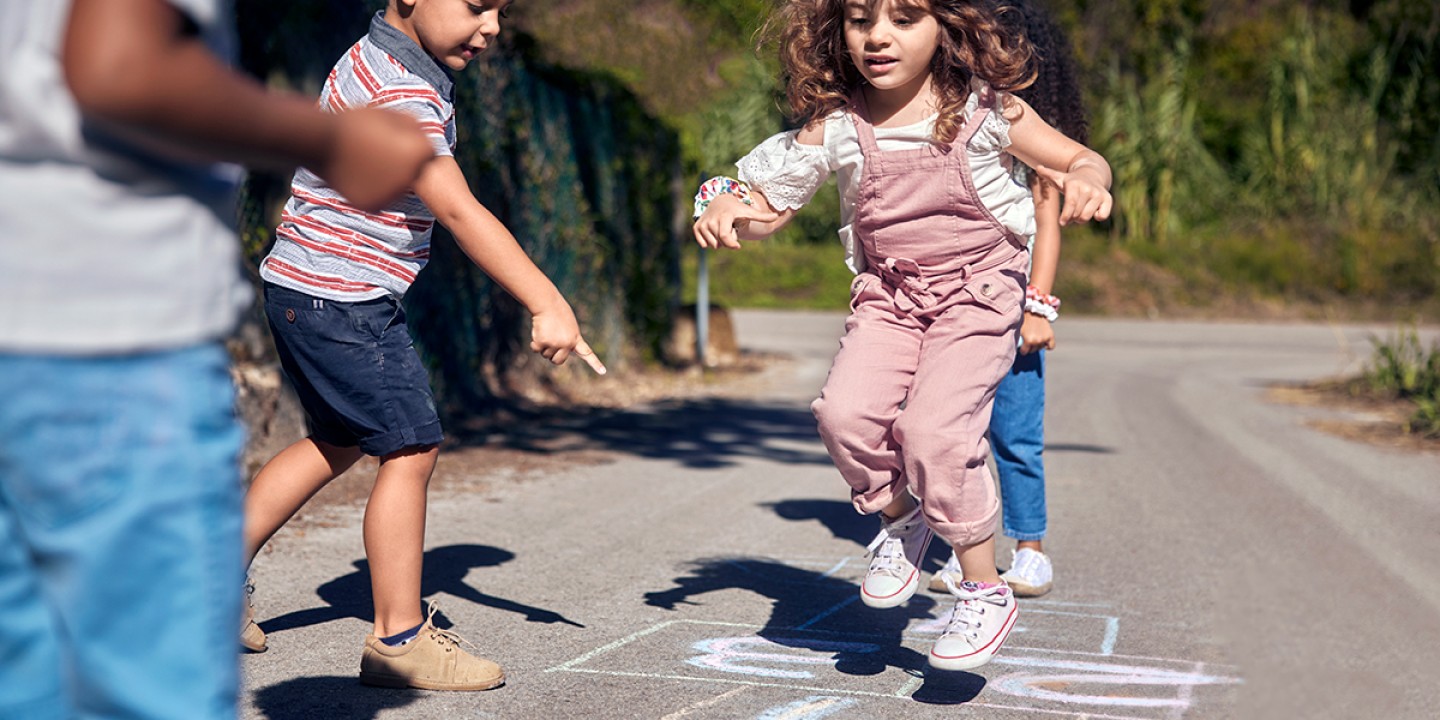Good citizenship starts on the playground
Through play, children acquire fundamental skills for living cooperatively with others.

Families with children who play organized club sports assume some extraordinary demands. Nowadays, children as young as fourth grade can hit the road with their families in tow, competing in sports tournaments across multistate regions, often for as many as 25 weekends a year. The time, devotion, and financial outlay these families assume for their budding soccer or baseball star resembles a kind of religion. Whether or not Junior will ever play professionally—I meet plenty of parents who think he might—the commitment of the family to tease out such a dream easily overshadows their interest in any other religion people tend to practice on weekends.
My brothers and I never participated in Little League or club sports, nothing beyond our public-school teams. It’s not entirely clear to me why our parents prohibited our participation, though I think it was some combination of their own lack of interest in athletics, their reluctance to deal with the scheduling hassles for a large family, and their desire to be free to travel with us whenever and wherever. We brothers knew no other life than the fun one played out with friends in a public park at the end of the street. There we designed our own games, made up and enforced our own rules, and mediated the conflicts we encountered. It was an adult-free environment where every dispute was settled without outside intervention. No parents, referees, or umpires to supervise our play.
Our favorite was sandlot football, played in all weather but the dead of winter. After we divided up into teams, the agreed-upon quarterback for the next set of downs took charge. I designed thousands of plays, my right index finger diagramming running and passing routes on my left palm. In the huddle, we’d whisper excitedly, periodically modifying the plan. Somebody usually wanted to go long, which gave each quarterback the chance to show off his arm.
When the ball carrier argued that the defensive player missed touching him with both hands, the game would pause until we collectively resolved the dispute. If the final score was lopsided, we switched up players to try to even out the next game. Every game was a cooperative venture that included all of us working together to negotiate consensus. It was never easy but always satisfying.
In a powerful 2015 essay on unsupervised childhood play, economist Steven Horwitz suggests that more parent-free play among children would teach social skills valuable to good citizenship in a liberal democracy. Drawing on Alexis de Tocqueville’s 19-century assessment that citizens in a vibrant democracy must develop and perfect the “art of associating,” Horwitz believes that free play for children, without third-party referees or hovering parents, is the ideal school for learning this art. Through self-designed play, children develop empathy, learn tolerance for risk, meet the discomfort of failure, practice compromise, solve problems together, and acquire fundamental skills for living cooperatively with others.
The heart and soul of democratic civil society is dependent on these sorts of things. Group problem-solving and shared understandings are critical to the liberal order, perhaps even more crucial in fractured and polarized times.
We probably ought to pay more attention to the sharp decline in unsupervised play among this generation of youth. If strengthening democracy happens gradually and incrementally, it’s worth reminding ourselves that good citizenship develops one sandlot touchdown, one frustrating strikeout, and one playground argument at a time.
A version of this article appears in the print edition under the title “Playing freely.”





